Some in the public have begun to voice concern about the new health threat of monkeypox, according to a new Annenberg Public Policy Center national survey.
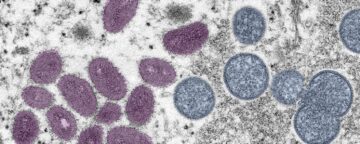

Some in the public have begun to voice concern about the new health threat of monkeypox, according to a new Annenberg Public Policy Center national survey.

After Dr. Mehmet Oz endorsed the MMR vaccine on “The Dr. Oz Show,” significantly more people in a segment of his audience regarded the MMR and flu vaccine as low-risk.
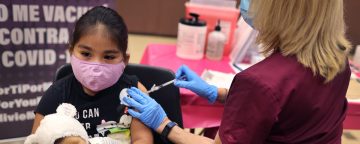
New survey shows 93% of U.S. adults who are vaccinated and boosted against Covid-19 say they would be likely to recommend vaccinating children 5-11.
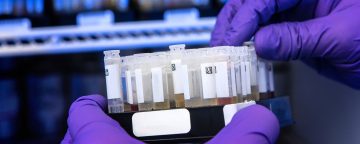
Americans’ confidence in the CDC and in Dr. Anthony Fauci declined in January with drops both among groups of Democrats/Democratic-leaning independents and Republicans/Republican-leaning independents, according to January survey data.

Millions of Americans continue to believe misinformation about vaccination and Covid-19, and these beliefs are associated with hesitancy to get themselves and their children vaccinated – or, if they are vaccinated, to get a booster.
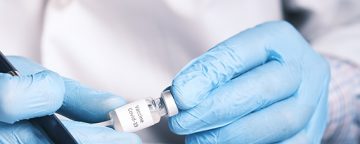
Throughout the Covid-19 pandemic, conspiracy theorists have exploited the conditional nature of science and questioned the trustworthiness and motives of federal agencies and officials to depict scientists and health authorities as malign actors.
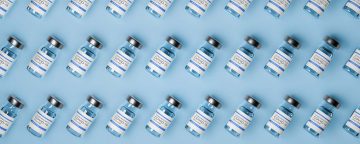
Rather than causing a backlash, vaccination requirements will succeed at getting more people inoculated, according to research from PIK Professor Dolores Albarracín and Penn colleagues.

Four in 10 Americans and 7 in 10 heavy users of conservative media say they'd take ivermectin if exposed to someone with Covid-19, a new Annenberg survey finds.
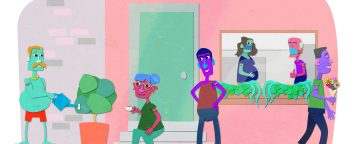
The "Guide for Understanding How to Protect Yourself and Your Community" from COVID-19 offers valuable information about the disease and its origin, transmission, virulence, prevention and treatments.
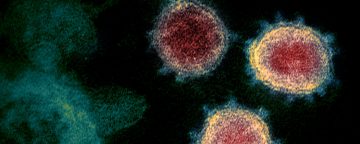
The top U.S. health agencies retain the trust of the vast majority of the American public, as does Dr. Anthony Fauci, the public face of U.S. efforts to combat the virus, according to a new APPC survey.